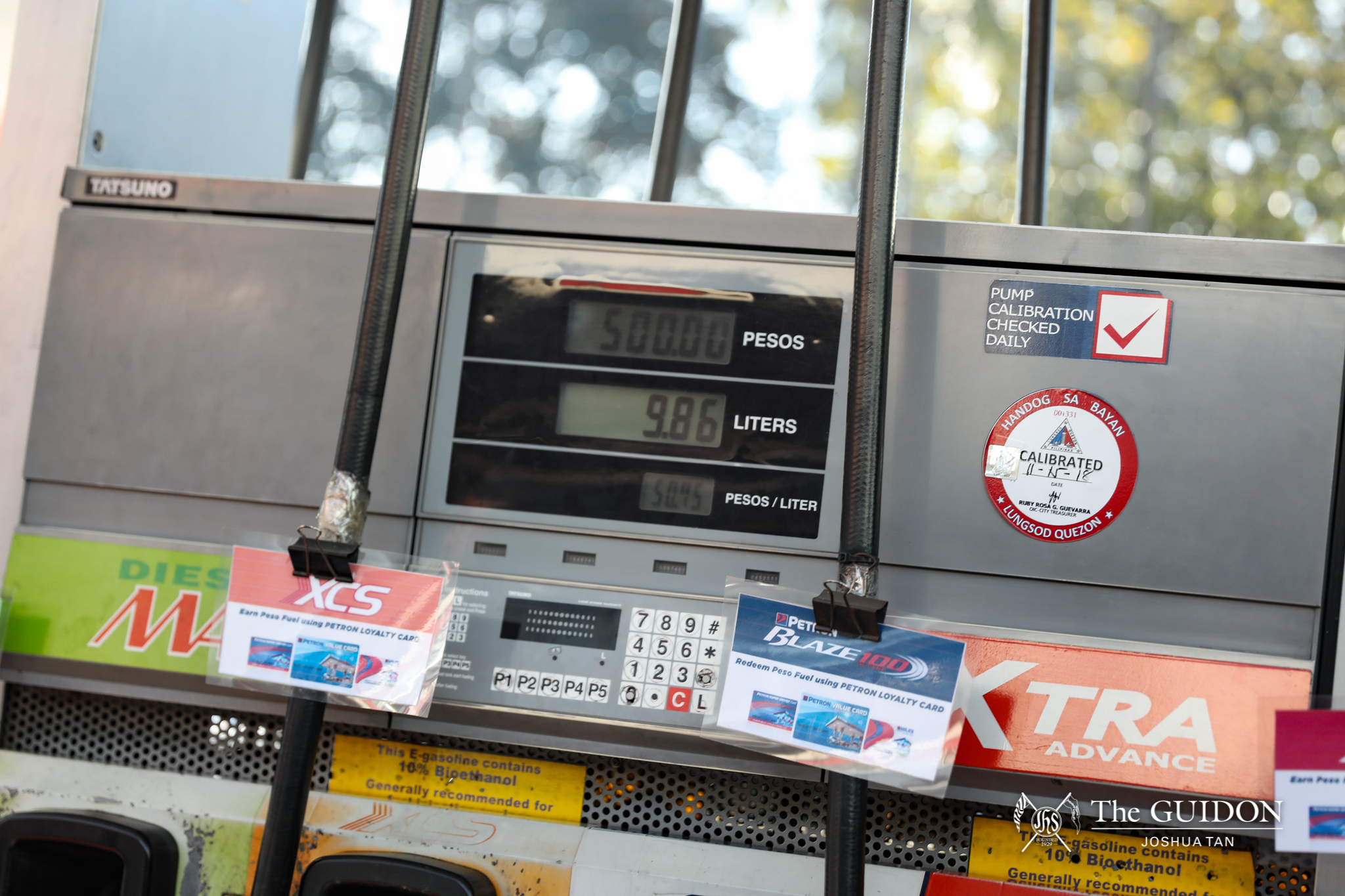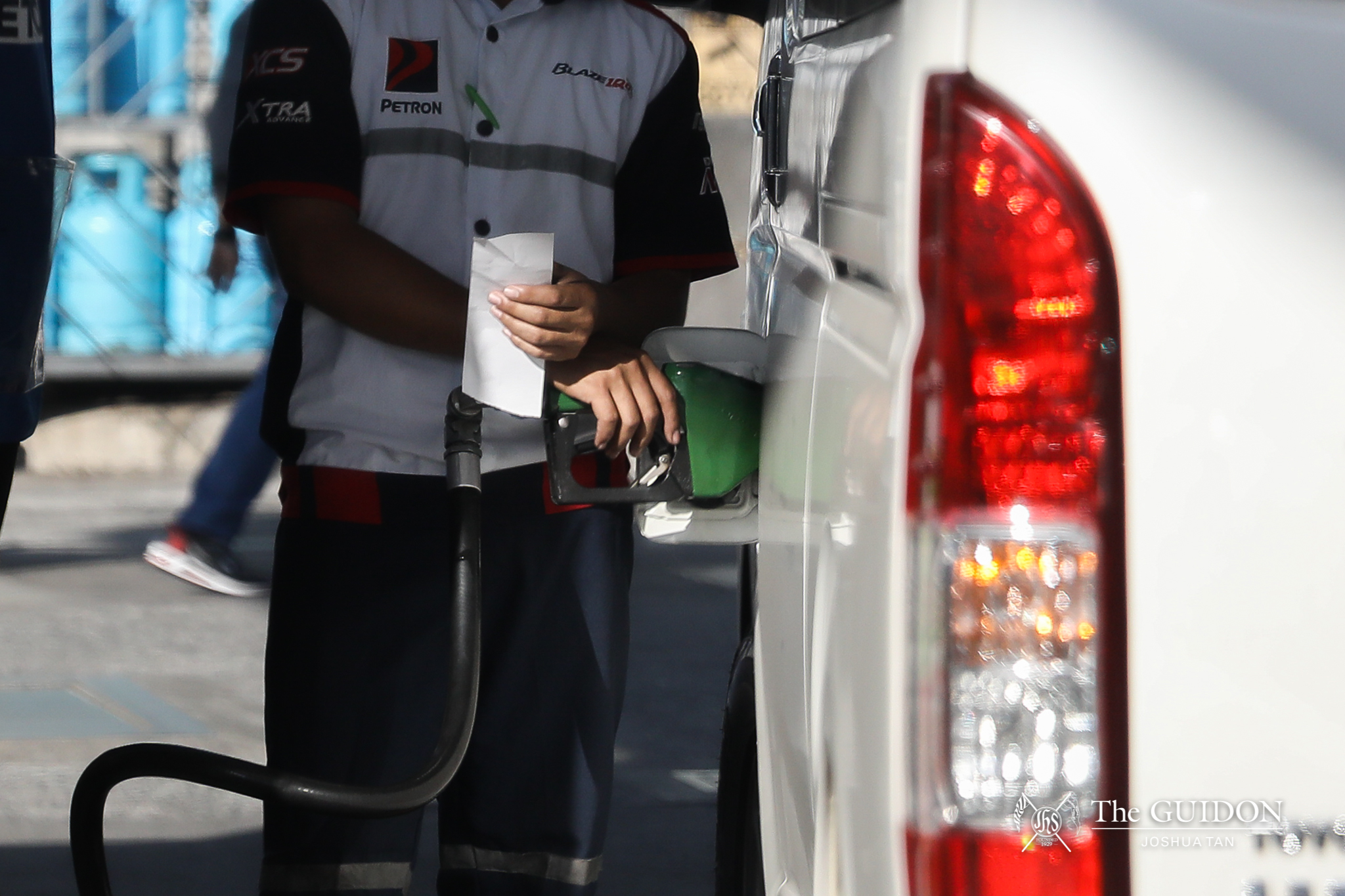The Tax Reform for Acceleration and Inclusion (TRAIN) Act—crafted through relevant macroeconomic analysis—was the first package of the Duterte administration’s Comprehensive Tax Reform Program (CTRP). In a Forum on TRAIN Law and the TRABAHO Bill held last October 9, 2018, Department of Finance (DOF) Undersecretary Karl Kendrick Chua commented that while previous tax reforms were often established to address a fiscal crisis, there is no such impending crisis today.
For Chua, the rationale behind the TRAIN 1 law isn’t to urgently reduce deficits and debts, but rather, to reduce poverty and the inequality of opportunity. Moreover, he said that the tax reform has the potential to significantly increase the country’s GDP growth over the next 22 years, especially since tariff revenues can be used to finance infrastructure and government services, which will significantly improve economic productivity.
TRAIN 1 introduced five key revenue streams aimed towards offsetting lowered personal income taxes, namely 1) a broadened value-added tax (VAT) system that sees reduced exemptions; 2) oil excise tax; 3) sugar-sweetened beverages (SSB) tax; 4) automobile excise tax; and 5) other taxes.
Over the next five years, the DOF projects total revenues of Php 250.30 billion from VAT, PHP 564.80 billion from oil excise, Php 81.3 billion from automobile excise, Php 308.1 billion from SSB Tax, and Php 278.50 billion from other taxes.

Inflationary concerns
The country’s inflation rates, however, have been alarmingly rising in 2018, and had reached 6.7% by September. In light of soaring consumer prices, the TRAIN Law has faced skepticism and criticism since the first wave of excise taxes were implemented. After all, the proposed tranches of excise taxes will make it much more difficult for the poorest Filipinos to adequately cope and adjust to rising commodity prices.
And indeed in August 2018, the poorest households in the National Capital Region (NCR) alone felt inflation at a whopping 8%—far heavier than the headlined national inflation rate of 6.4%. Moreover, households whose income were at the bottom 30% experienced food inflation at 8.8% in August, a 3.7% increase from January’s 5.1%.
Chua argued, however, that the TRAIN Law is not the sole cause of these higher prices, identifying the country’s rice supply as a major contributor to inflation in 2018. Bangko Sentral ng Pilipinas (BSP) Deputy Governor Diwa Guinigundo agreed with this, stating that rice prices spiked because of production shortfalls—thanks to typhoon-induced floods, import delays, and unscrupulous hoarding. And due to quantitative restrictions, the country could not import a large amount of rice. The Rice Tariffication Law is thus proposed to be a solution for this crisis.
Policymakers, however, predicted that TRAIN would affect the poor when it was being crafted. This is why as much as 30% of the policy’s annual incremental revenue is allocated for social protection or “safety net” programs. The DOF has, for instance, espoused for an unconditional cash transfer in the form of a Php 200 per month tax reform subsidy. According to Social Welfare acting Secretary Virginia Orogo, this is intended to help around 10 million poor families cope with the economic effects of the TRAIN Law. Other such programs include the Pantawid Pasada Program which provides fuel vouchers for PUJs, fare discount for all PUVs, NFA rice subsidies, and free skills training for minimum wage and unemployed workers.
The weight of oil prices
Another significant critique of the TRAIN law is aimed at its oil excise tax hike. Under the TRAIN law, excise tax on fuel will see an increase of Php 2 per liter by 2019, and Php 1.50 per liter by 2020. Currently at around Php 2.50 per liter and having been in effect since January 1, 2018, the fuel excise tax has been cited as the main cause of the country’s continuously skyrocketing inflation.
Government economic managers, however, continue to assert that TRAIN 1 is only one factor in the increase in the prices of petroleum products, and on the country’s overall inflation. Chua has stated that higher oil prices are due to external factors—particularly the US sanctions on Iran’s oil exports—which drove world crude oil prices to USD 76.33 per barrel, while Guinigundo said that TRAIN 1 caused just .07% of August 2018’s 6.7% inflation rate.
The law, however, also states that tax increases may be suspended if Intercontinental Exchange (ICE) Brent Crude oil prices—considered as the benchmark for global oil prices—reach the level of USD 80 per barrel in three months, before the next scheduled hike. According to CNN Philippines, Brent crude reached an intra-day high of USD 80.50 on May 17, 2018, before closing that day at USD 79.26 a barrel. Moreover, crude oil prices were hovering around the USD 80 range from September 21 to October 23, going as high as USD 85.38 per barrel.

Suspending oil excise tax: inflation’s solution?
It is not surprising that Senate Minority Leader Franklin Drilon, along with Senators Francis Pangilinan, Paolo Benigno Aquino IV, Risa Hontiveros, Antonio Trillanes IV, and Leila de Lima filed Senate Joint Resolution No. 15 in October 2018, which sought the suspension of fuel excise tax under the TRAIN law. Budget Secretary Benjamin Diokno announced last November 14 that Malacañang, in response to soaring inflation, had already approved the suspension of the Php 2 increase in fuel excise tax scheduled in January 2019.
Diokno said that suspension will be effective in the first quarter of 2019, and will be subject to quarterly review. The suspension, however, does not include the increases that have already been implemented for this year. But should the global price of crude oil decrease next year, economic managers would have to review if a resumption of the increases would be needed. Moreover, Diokno also reiterated that the planned excise hike suspension will result in a net loss of Php 26 billion if implemented for a whole year.
But with the latest fall of global oil prices to USD 66.76 per barrel, Action for Economic Reforms (AER) Researcher AJ Montesa says that suspending oil excise tax isn’t the solution to the country’s inflation problem, especially since the government is eyeing rice tariffication, and oil prices are expected to go down next year. BSP Assistant Governor Francisco Dakila also said that rice tariffication could lead to a 0.7-point decrease in inflation for 2020, whereas suspension of increases on the fuel excise tax can lead only to a 0.2-point decrease in inflation next year.




